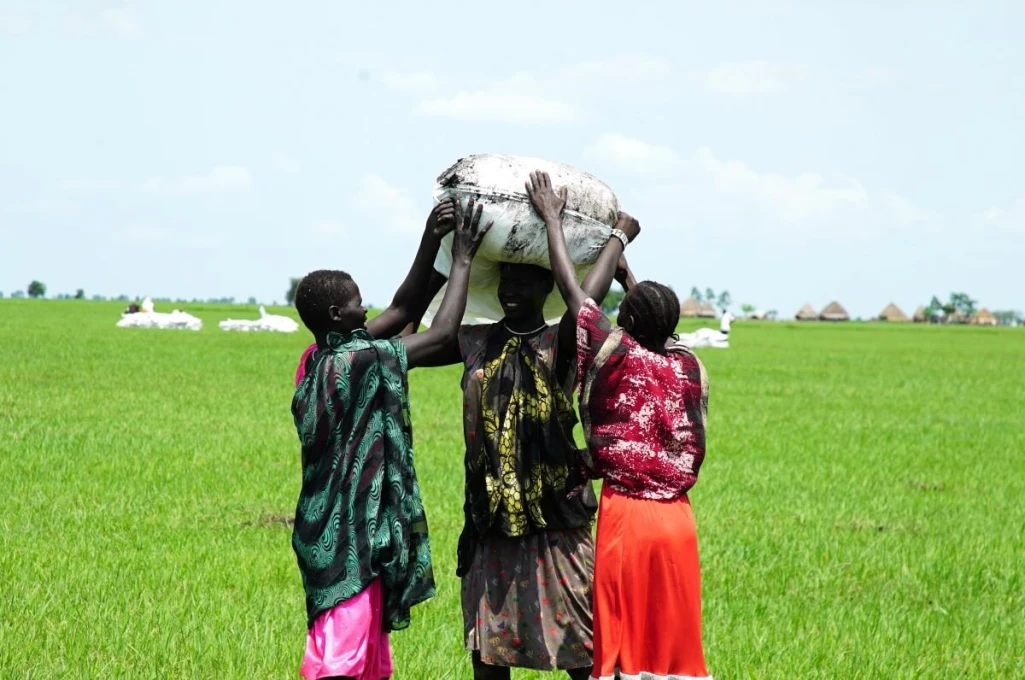
The United Nations World Food Programme (WFP) has started airdropping emergency food assistance to thousands of families affected by conflict in Nasir and Ulang counties of Upper Nile state.
Both the WFP and the spokesperson for the UN Secretary
General announced on Monday that the rising conflict since March has forced
families to leave their homes and pushed some communities close to famine.
Mary-Ellen McGroarty, WFP Country Director in South Sudan
said the airdropping marks WFP’s first access in over four months to deliver
much-needed food and nutrition assistance to more than 40,000 people facing
catastrophic hunger in the most remote parts of Nasir and Ulang counties which
are only accessible by air.
“The link between conflict and hunger is tragically clear in
South Sudan and we’ve seen this over the past few months in Upper Nile,” McGroarty
said.
“Without a major scale-up in assistance, the counties of
Nasir and Ulang risk slipping into full-blown famine. We urgently need to get
food to these families, and we are doing everything possible to reach those who
need it most before the situation spirals.”
The United Nations estimated that over 1 million people in
Upper Nile are facing acute hunger. This includes more than 30,000 people who
are already experiencing catastrophic levels of hunger, the highest level of
food insecurity on the Integrated Food Security Phase Classification scale
(IPC5).
Stéphane Dujarric, Spokesman for the Secretary-General,
reported that this number has tripled since conflict broke out in Nasir in
March. This situation has led to mass displacement, with some people crossing
into Ethiopia, where WFP is already providing food aid to about 50,000
individuals who have fled Upper Nile State due to conflicts.
“Nationwide, 7.7 million people in South Sudan, which is
about 57 per cent of the population, are facing crisis, emergency, or
catastrophic levels of hunger. An unprecedented 2.3 million children
are at risk of malnutrition -2.3 million children,” Dujarric said.
Dujarric said the unfortunate part is that the global
funding slowdown is making the already serious humanitarian situation in the
country worse with WFP urgently needing $274 million to keep its aid operations
running through December.
WFP said it aims to reach 470,000 people in Upper Nile and
Northern Jonglei during the lean season, the hungriest time of the year, which
lasts through August, but ongoing fighting and logistical issues have made it
difficult to access these areas and provide a full response.
The UN agency said it has so far only reached 300,000 people
in Upper Nile this year and urges for the reopening of reiver routes to reach
many people.
“The main river routes into the state must be reopened
urgently in order to reach hungry families with sustained humanitarian support,”
McGroarty stated.